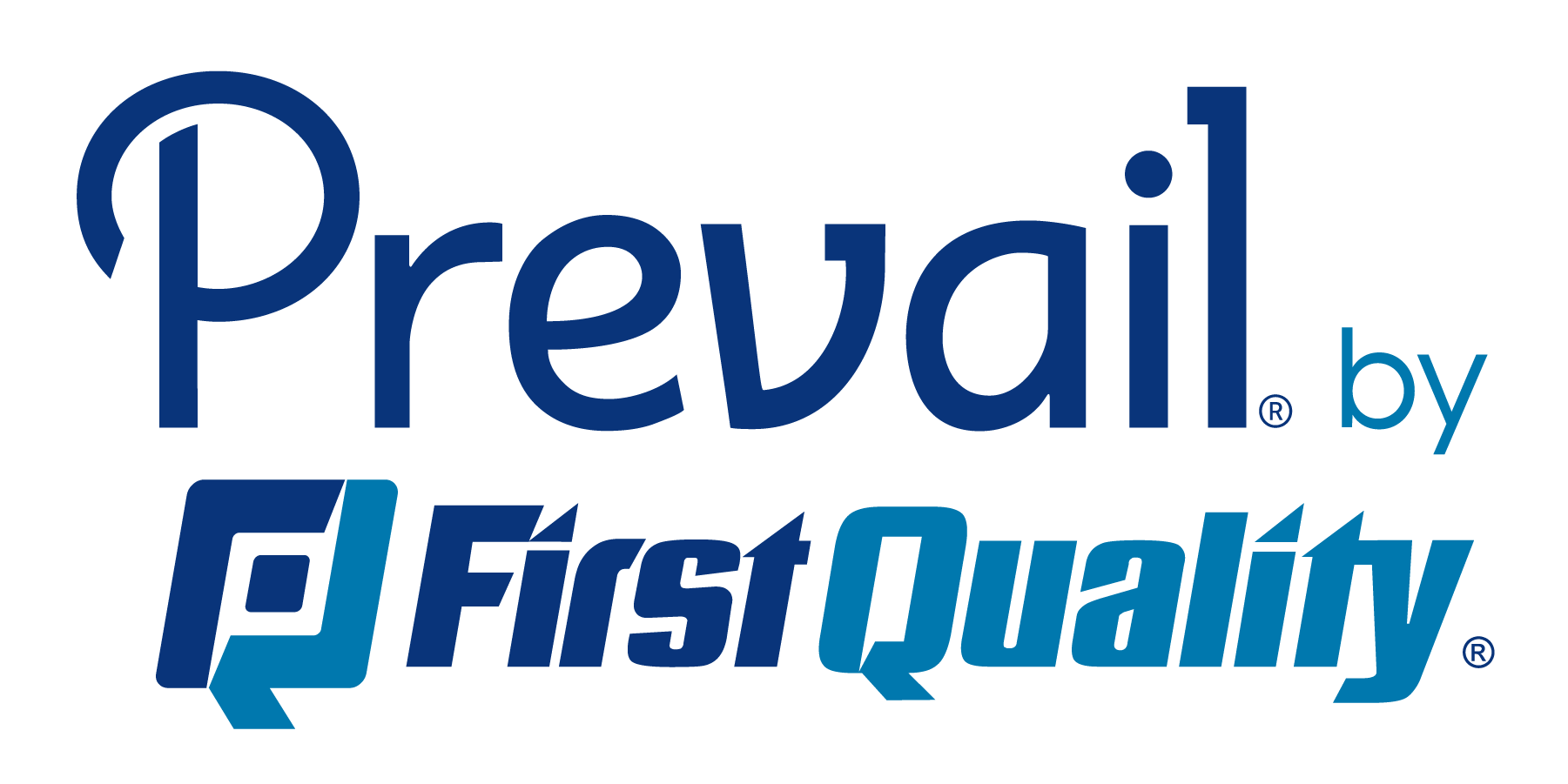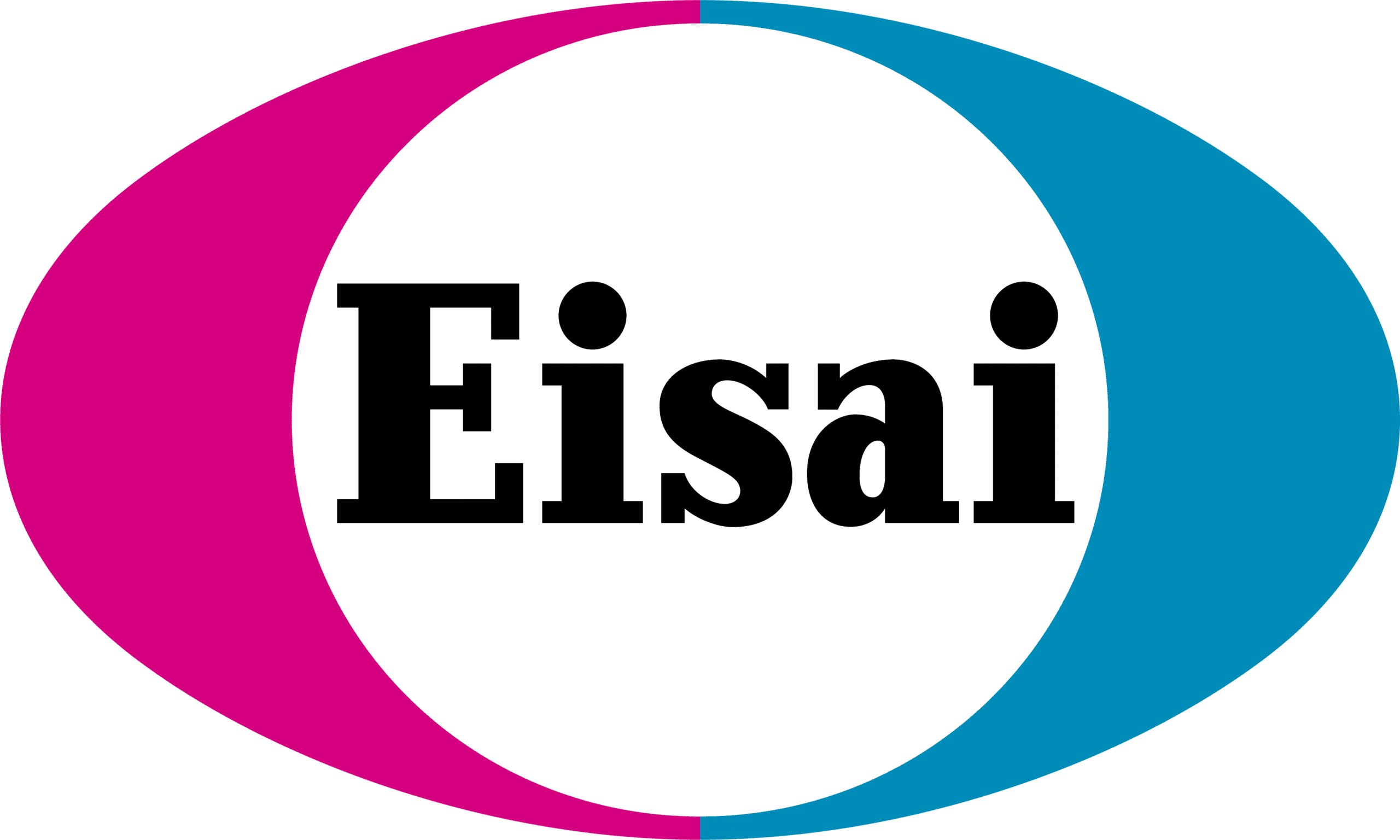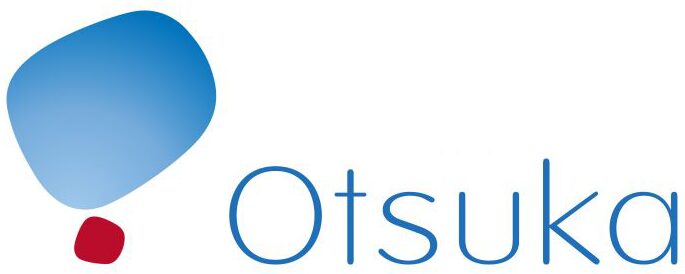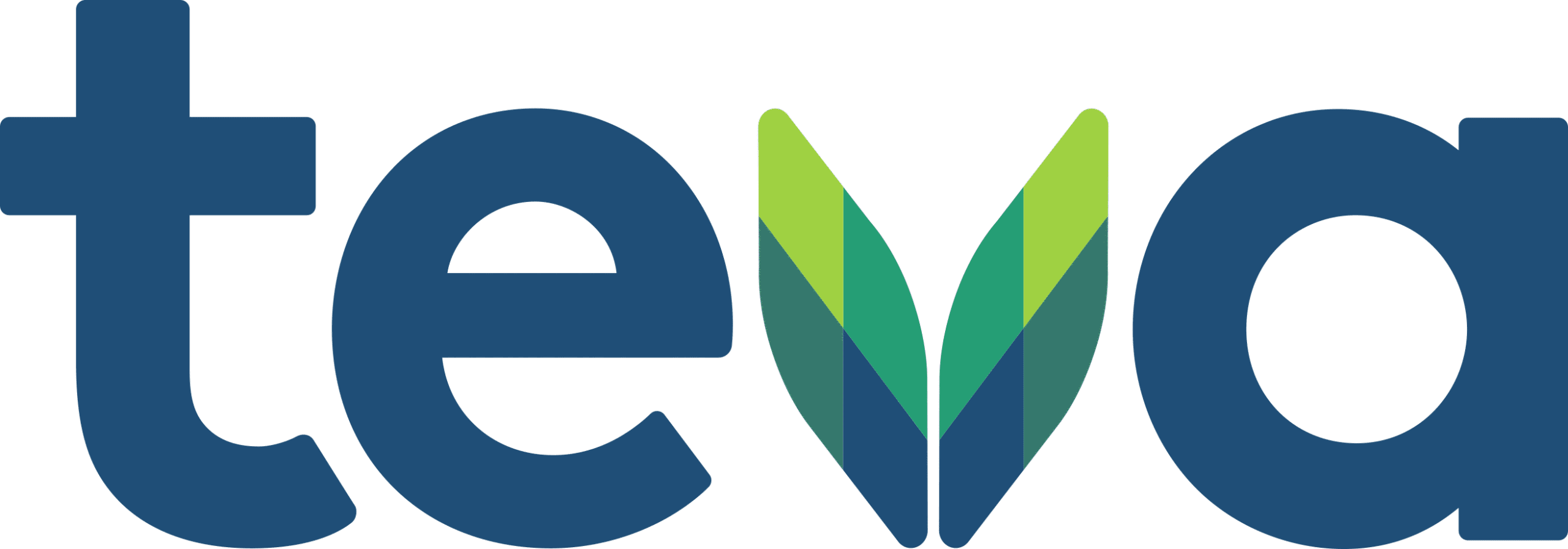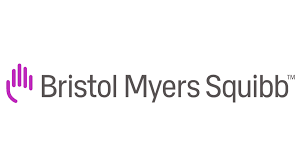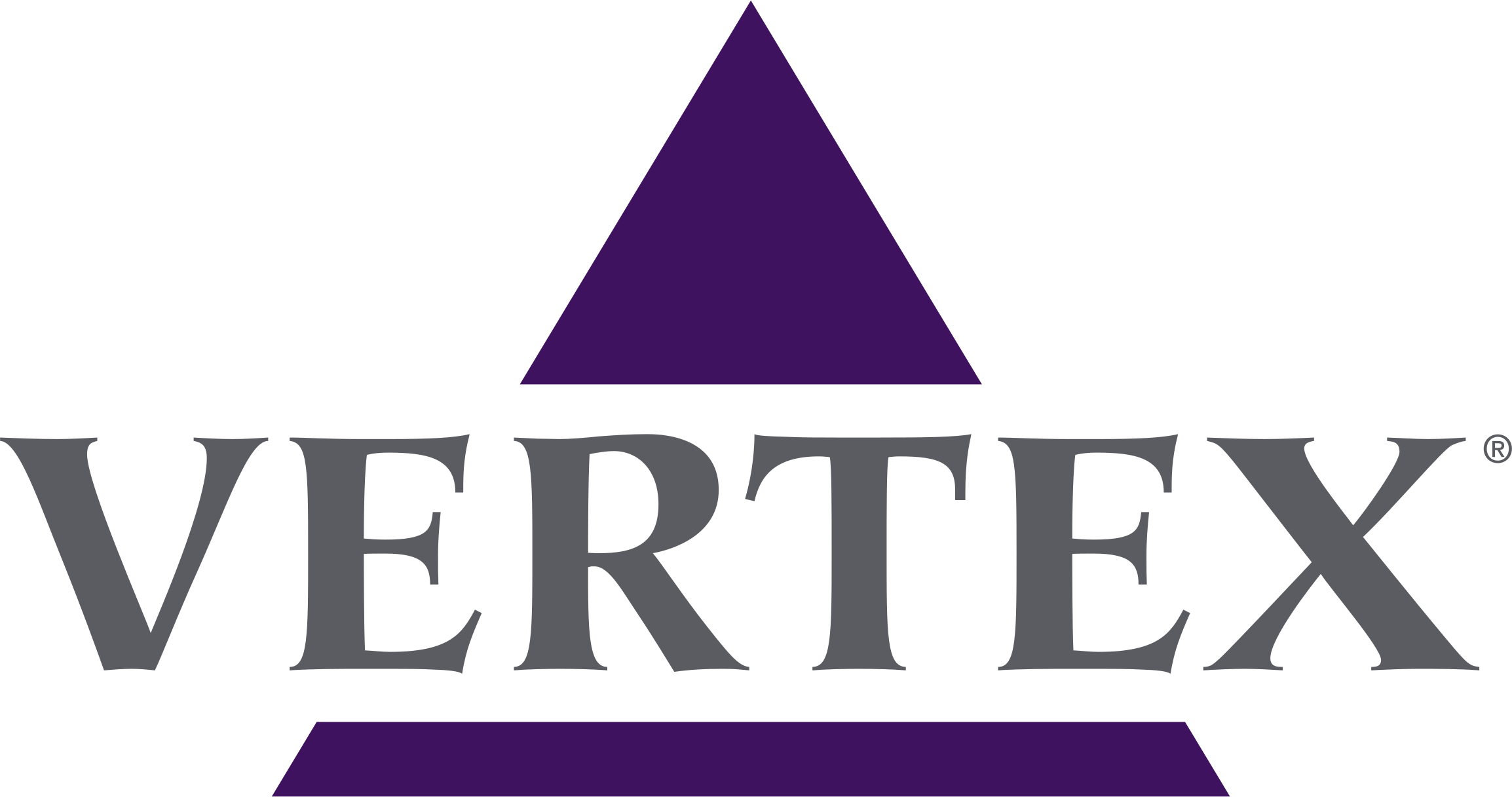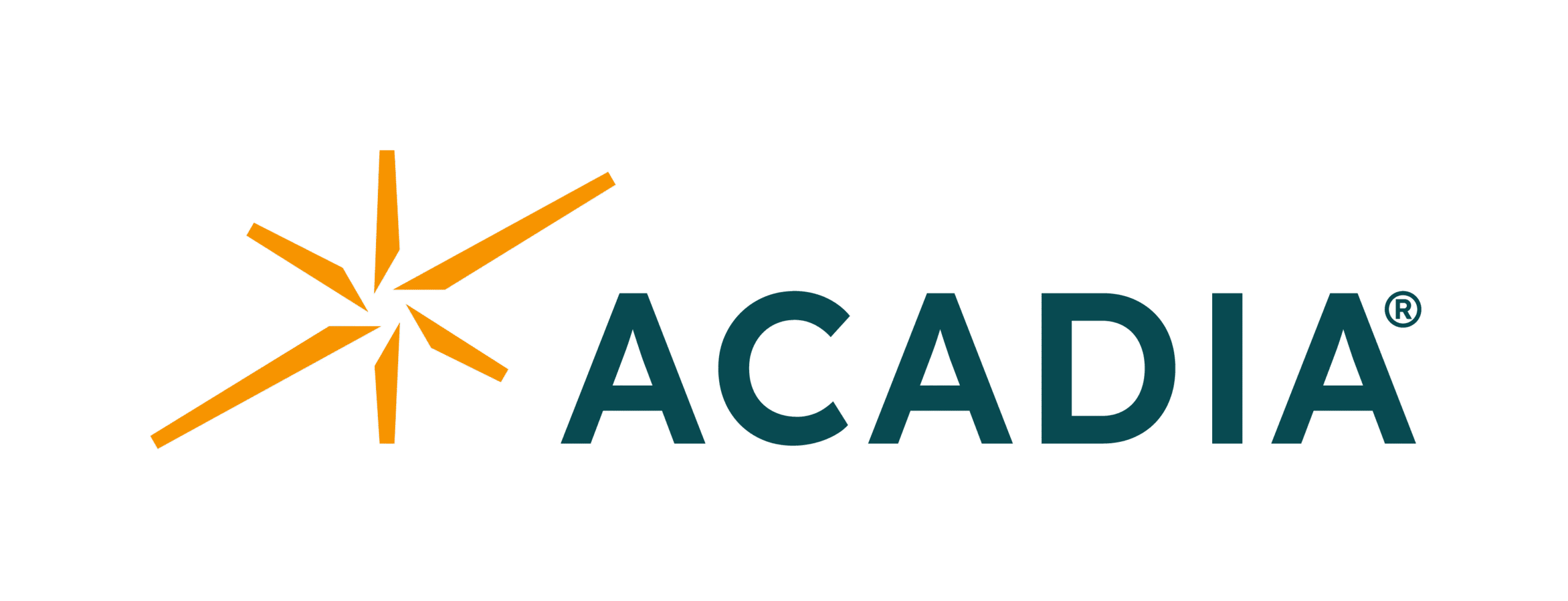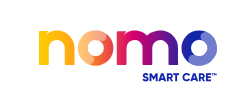
Caregiving doesn’t pause after November — and neither does the importance of staying connected to the right support. Plug-in to Care helps caregivers find trusted information, supportive communities, and practical tools that make each day a little more manageable. Whether you’re caring for a loved one this holiday season or any time of year, connection can make all the difference.
The Caregiver’s Role
Caregivers provide critical support for people living with movement disorders, where motor and cognitive symptoms can make daily tasks challenging. They often assist with mobility, medication management, transportation, and scheduling medical appointments. In addition, caregivers offer emotional support as their loved ones experience changes in independence. Their involvement is critical to maintaining quality of life for individuals with movement disorders such as Parkinson’s disease, Huntington’s disease, Friedreich’s ataxia, and others.

Top 3 Things Caregivers Should Know
Caregiving Resources
Partner Resources
Caregiver Action Network
This resource was developed with support from Movement Disorder Policy Coalition.

